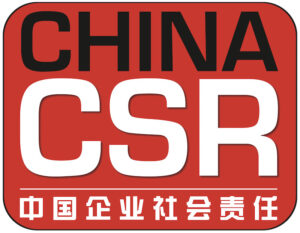Sixty-one medical institutions in Beijing have been punished for distributing false and misleading advertisements.
Local media reports that in the second half of 2008, these medical institutions, including Beijing Yimeier Changdao Medical Beauty Clinic and Beijing Wuzhou Women's Hospital, distributed a total of 412 false advertisements.
Beijing Municipal Health Supervision Department said it would take a hard line on cracking down on such cases and punish those organizations that refused to correct their behavior by ordering them to cease operations for rectification, withdrawing their authorization for the service in question or even revoking their business licenses. BMHSD said that medical institutions that change the content of advertisements after approval will not be allowed to advertise for a full year.
BMHSD said that legal medical advertisements usually only contain the medical institution's name, address, type of business, services offered, number of beds, working hours, and contact telephone number, plus the certificate showing that they are approved to post the advertisement.
Pharmaceutical advertising has had chronic problems in recent months, not only with misleading ads but also with companies selling fake products online. According to Yan Jiangying, a spokesperson of China's State Food and Drug Administration, as of December 8, 2008, there were only ten websites in China that were authorized to sell non-prescription drugs to individuals. These websites are: yaofang.cn, 818shyf.com, jxdyf.com, 4ujk.com, baiyjk.com, yunnanbaiyao.com.cn, daoyao.com, 511yd.com, eelbx.com and 51yao.com.cn.
China Central Television aired a report on November 15, 2008, that Chinese Internet search engine Baidu.com was being used as a platform for unlicensed pharmaceutical companies to sell their medical wares. Baidu's share price sunk more than 35% on news of the crackdown and the company then pledged to straighten itself out.
In March 2008, China's State Food and Drug Administration exposed 25 websites that were involved in illegal selling of medicines. These websites included the fake websites of the Diabetes Treatment Center of China TCM Higher Medical Institute, the Diabetes Treatment Center of Chinese Herbal Medicine Research Institute, China Diabetes Recovery Website, International Beijing Chinese Herbal Medicine Diabetes Research Center, Beijing Chinese Herbal Medicine Research Institute Liver Disease Recovery Center, the fake Chinese PLA 301 Hospital, China Chinese Medicine Research Institute, China Chinese Medicine Research Institute High Blood Pressure Research Center, State Dermatosis Clinic Study Institute and China Chinese Medicine Difficulty and Complicated Disease Research Center.

